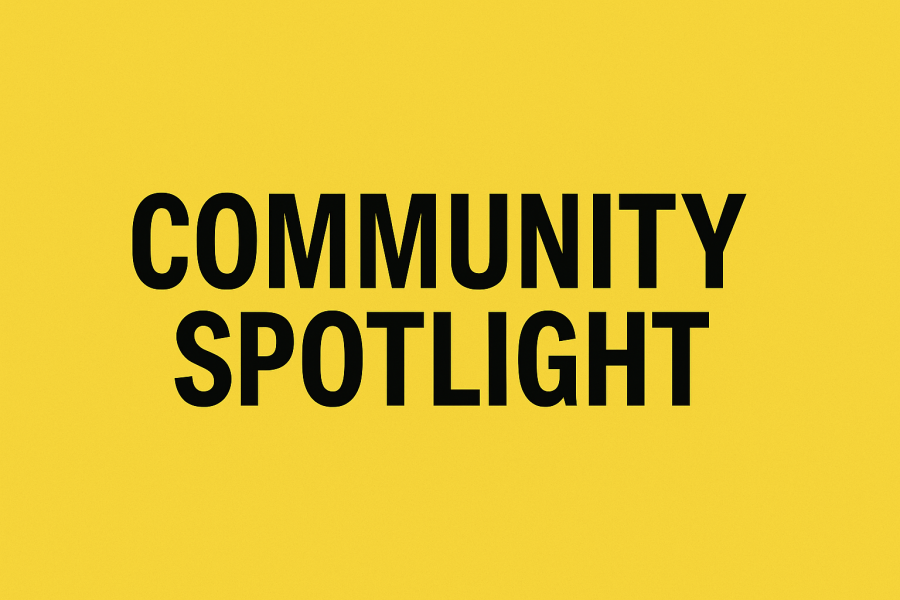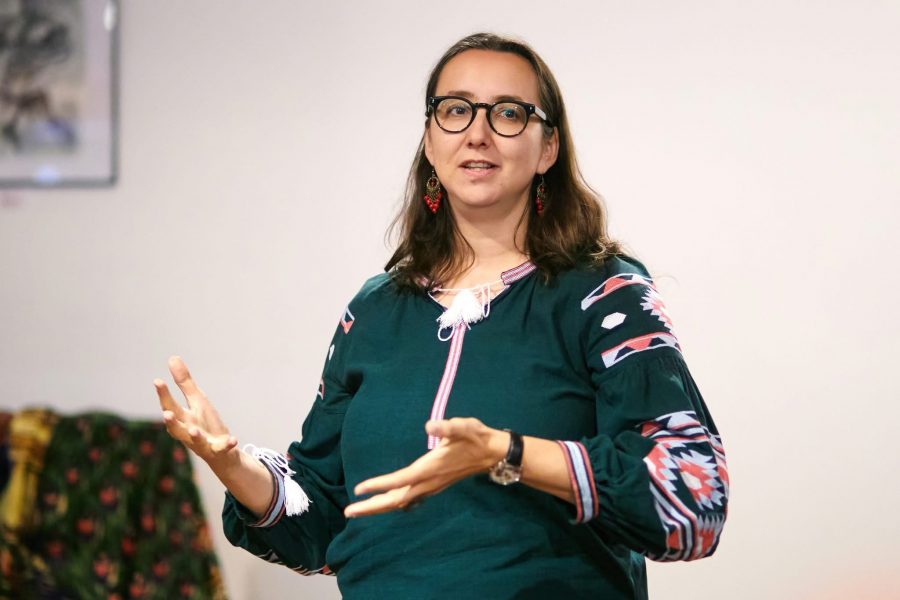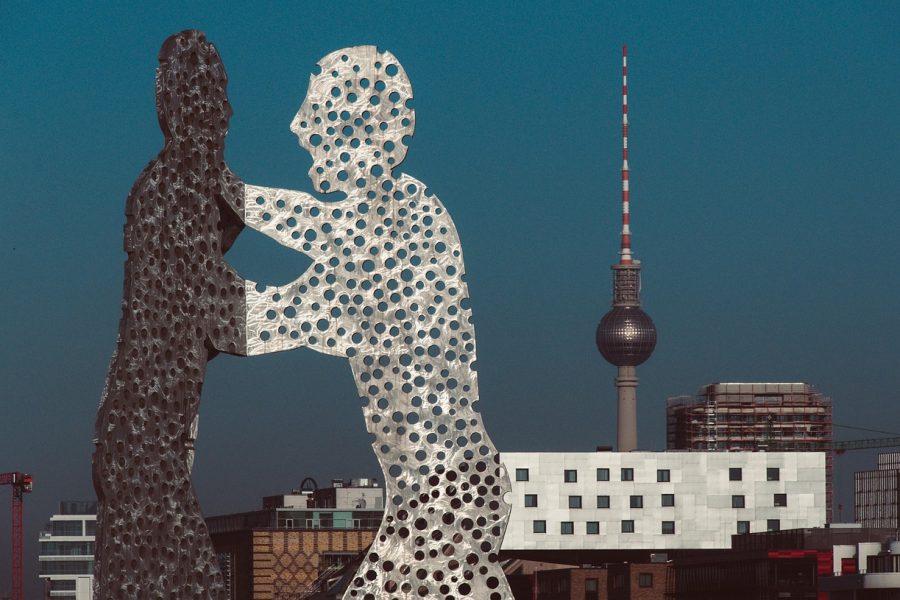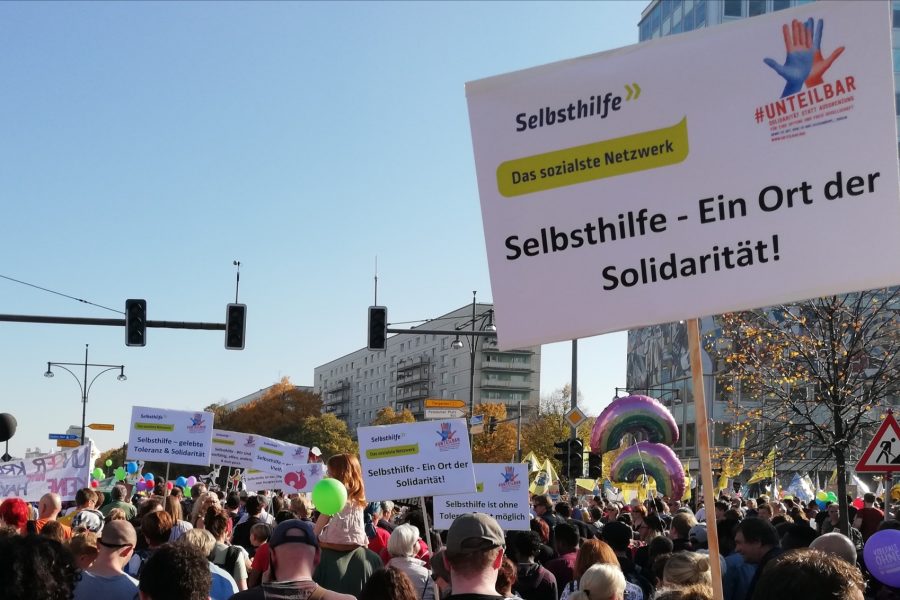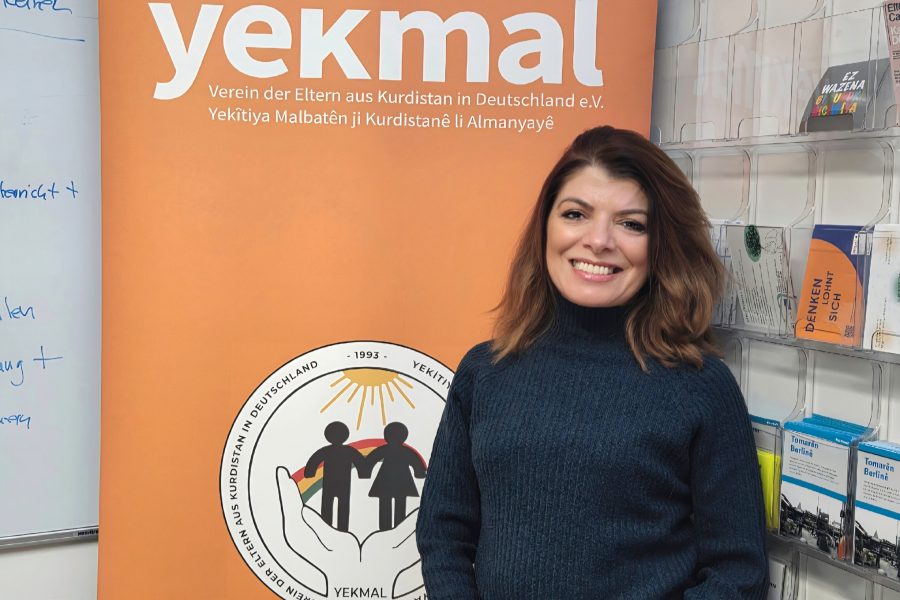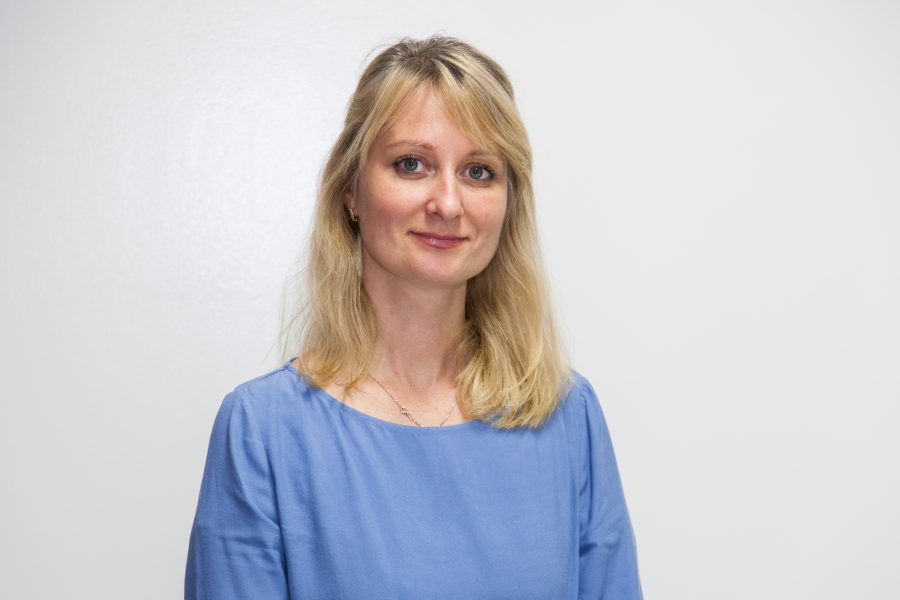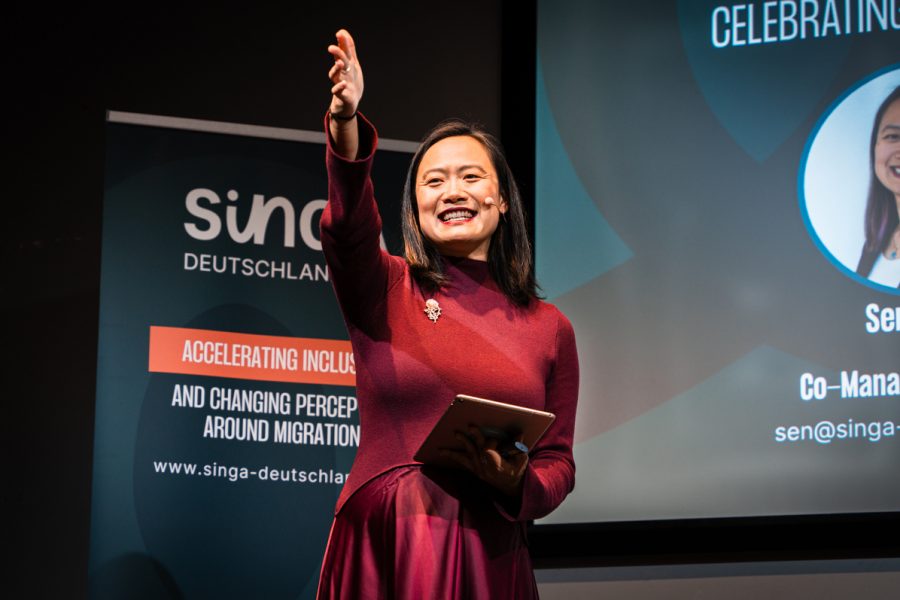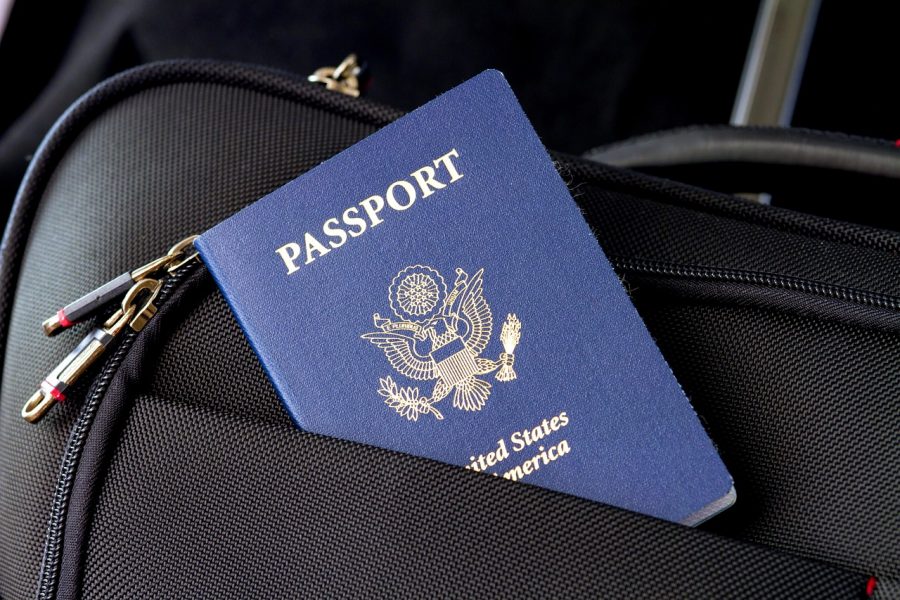WHP: Can you briefly introduce your organization? What is its main mission in Berlin?
Diana Henniges: Moabit hilft e.V. is an independent, civil society association that emerged in 2013 from a spontaneous neighborhood initiative. We support people in urgent need – whether they are refugees, have a migration background, or need help for entirely different reasons. This also includes Berliners who are at risk of homelessness or already without housing, as well as pensioners whose low incomes are no longer enough to make ends meet. Our work is aimed at everyone who falls through the cracks, regardless of their social or national background.
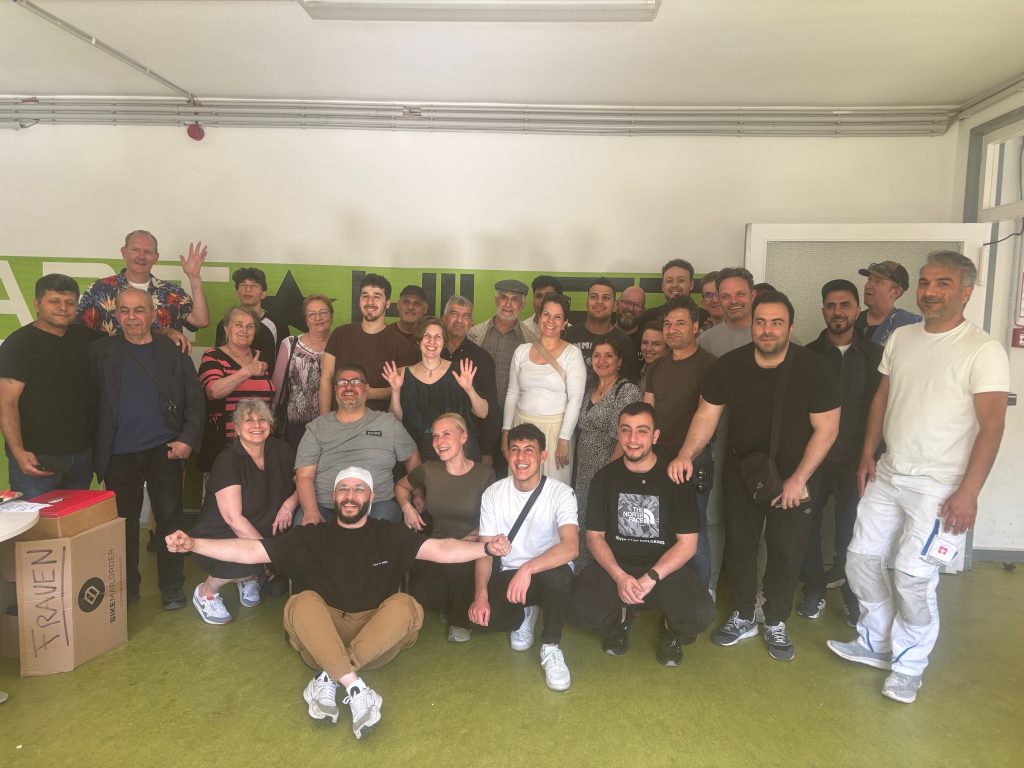
We provide advice on social and residence law issues, accompany people to authorities, schools, and doctors, and assist with topics such as work, education, housing, and health. Our goal is to offer guidance, provide concrete help, and close gaps in the system. We work in a decentralized but well-connected structure, coordinated from a central hub that keeps all the threads together. This way, we stay close to people and can respond flexibly.
WHP: What personally motivated you to get involved here?
Diana Henniges: It didn’t start with a big plan, but with a simple observation: help was needed in the neighborhood – immediately and without detours. People were facing huge administrative hurdles; many were trapped in endless back-and-forths between offices. No one felt responsible, and while files were being passed around, their living situations worsened.
So we just started – without much fuss, without lengthy applications – simply where help was needed. Listening, translating, accompanying, explaining, sorting, setting priorities. From this spontaneous neighborhood aid, a structure gradually developed that still stands today.
What still drives me is the conviction that human rights are non-negotiable. When something is clearly unjust, you cannot look away. It’s not enough to feel sympathy or to say someone should do something. You have to act yourself. That has remained the core of Moabit hilft e.V. for more than ten years.
WHP: What challenges do people with a migration background face in Berlin, and how does your organization address them?
Diana Henniges: Many struggle with an almost impenetrable system of forms, deadlines, and responsibilities. Residency procedures take months or even years; important decisions arrive late or are hard to understand. Those who are new to Germany often don’t understand these processes and quickly get caught between the wheels of bureaucracies, social offices, and job centers. Added to this are language barriers, discrimination in the housing market, lack of childcare, or psychological stress after fleeing or losing loved ones.
Our task is to untangle this daily chaos. We listen, organize, explain, and accompany. We help set priorities, understand forms, and meet deadlines. And we document cases to make structural problems visible. In this way, individual fates become political issues – and that’s essential if we truly want change.
WHP: Do you have a project, event, or initiative you would like to recommend?
Diana Henniges: I don’t want to single out specific events or campaigns. What’s more important is that we can all be Moabit hilft e.V. every day – as an attitude, not as an organization. That means standing up in the subway when someone is racially insulted, speaking up online when hate is posted in comment sections, and taking a clear stance against racism and exclusion on the ballot. Civil courage begins in everyday life – and ends where we look away.
WHP: How can interested people support your work or get involved themselves?
Diana Henniges: There are many ways to get involved. Some people volunteer their time as interpreters or companions. Others contribute professional expertise – legal, medical, or educational. And of course, donations are important, because they allow us to react quickly to emergencies – whether for a train ticket, urgently needed medication, or legal fees.
What matters is not how much you give, but that you look, and take responsibility. That attitude has defined Moabit hilft e.V. since 2013 – to look, to act, to take a stand. It may not always be comfortable, but it is consistently useful for those who are finally seen where they were previously invisible.
| Diana Henniges Founder and Managing Director, Moabit hilft e.V. Diana Henniges founded Moabit hilft e.V. in 2013 as a spontaneous neighborhood initiative that has since grown into one of Berlin’s leading grassroots organizations supporting refugees and people in crisis. A trained historian and museum professional, she previously worked at the Jewish Museum Berlin and the Foundation Memorial to the Murdered Jews of Europe. Guided by the belief that human rights are non-negotiable, Henniges combines practical help with political advocacy, addressing gaps in Berlin’s social and asylum systems. Beyond her organizational work, Henniges is active in broader networks that strengthen the political voice and visibility of migrant and refugee communities in Berlin, including the Berlin Polyphon initiative. In 2014, she received the Klara-Franke Prize for Good Neighbourhood in Moabit, honoring her tireless engagement for social cohesion and civil courage. |

